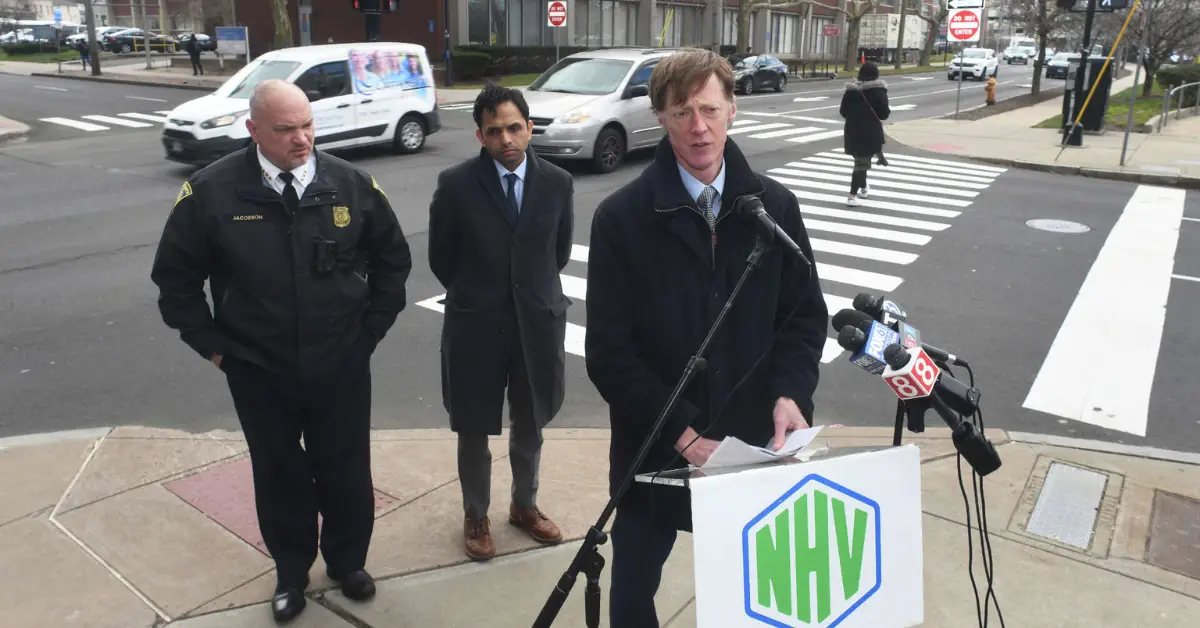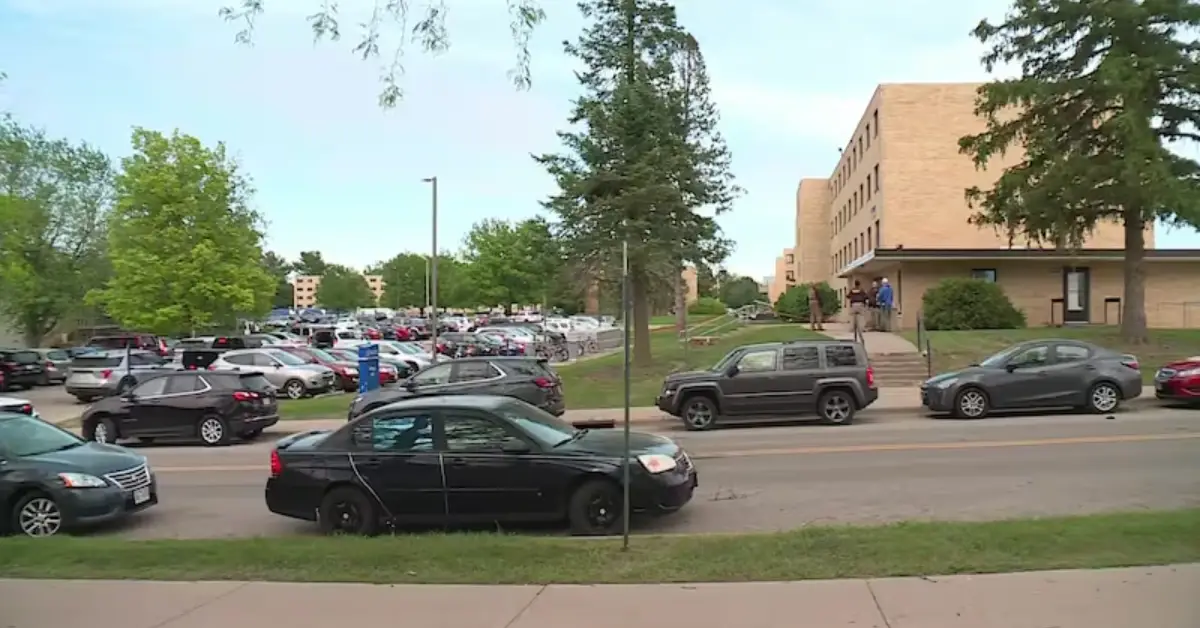The City of New Haven has officially submitted a plan to install red-light and speed cameras in key areas of the city, aiming to reduce accidents and improve traffic safety. The plan, sent to the Connecticut Department of Transportation (DOT), is part of a statewide pilot program approved by lawmakers last year.
If approved, this move could bring big changes for both drivers and pedestrians across the city.
Where Will the Cameras Be Installed?
New Haven is targeting specific “high-risk” locations where speeding and traffic violations are most common. According to city officials, the selected areas are those with a history of frequent accidents, pedestrian injuries, or repeated complaints from residents.
The proposed locations include major intersections and school zones, where the goal is to not only reduce speeding but also to prevent red-light running—both of which have been major concerns in recent years.
The plan suggests up to 10 camera locations for the pilot phase.
Why Is New Haven Pushing for Cameras?
City leaders say the cameras are meant to make streets safer—not to make money. Mayor Justin Elicker said the decision was based on the increasing number of traffic crashes, many involving pedestrians and cyclists. The goal is to use technology to prevent dangerous behavior on the roads.
“These cameras can help save lives,” said Mayor Elicker. “This is about protecting our children, families, and neighbors.”
In fact, many cities across the U.S. already use automated traffic enforcement systems. Data from those cities shows a significant drop in speeding and traffic violations after camera installation.
How Will the Camera System Work?
If the state approves the plan, the system will use automated technology to detect speeding vehicles or drivers running red lights. The camera will capture a photo or video of the violation, and a ticket will be mailed to the vehicle’s registered owner.

There won’t be any police officers involved during the actual violation—everything will be handled through technology.
However, to address public concerns, the cameras won’t be hidden. The city promises that all locations will be clearly marked with signs, warning drivers that cameras monitor the area.
Fines and Rules
Drivers caught speeding or running red lights could face fines, though the exact amount has not been finalized. However, city officials have made it clear that this won’t affect driver’s license points or insurance directly—at least for now.
To ensure fairness, the city is also planning a review process. That means if someone receives a ticket but believes it was issued in error, they can contest it through an online or in-person appeal.
Concerns from the Public
Not everyone is on board. Some residents and advocacy groups have raised concerns about privacy, surveillance, and whether the cameras will unfairly target certain neighborhoods.
Others worry that the cameras could be used more for generating revenue than for improving safety. Critics say the city should invest more in road redesigns, pedestrian safety improvements, and better signage.
In response, Mayor Elicker assured that the goal is transparency and safety—not profit. He also mentioned that feedback from the community will be considered at every stage.
What Happens Next?
Now that the plan has been submitted, the Connecticut Department of Transportation will review it. The DOT is expected to evaluate the proposed camera locations, safety data, and public input before giving the green light.
If approved, New Haven could begin installing the cameras later this year. The program would run as a pilot for a few years, with regular updates on its effectiveness.
Final Thoughts
This move by New Haven marks a big step in using technology to improve road safety. While debates around privacy and fairness continue, the city hopes this effort will reduce speeding, save lives, and create a safer environment for everyone—especially pedestrians and school-going children.
As the process moves forward, residents are encouraged to share their views, attend public meetings, and stay informed through city updates.
If approved, the red-light and speed camera system could be live by the end of 2025.
Disclaimer: This article has been meticulously fact-checked by our team to ensure accuracy and uphold transparency. We strive to deliver trustworthy and dependable content to our readers.




